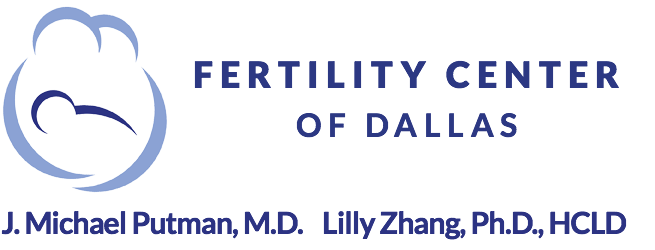
06 Jun Toxins Toll on Fertility
We ingest, inhale or absorb known toxins every day. This occurs via our water and food supply, air quality and even the health/beauty and cleaning products we use. Unfortunately, some of these toxins are known endocrine disruptors. This means they can negatively affect the body’s delicate hormone balance, and this can impact fertility.
Since hormone balance is key to your fertility, we recommend doing all you can to eliminate direct contact with toxins to the best of your ability. And, FYI – this “eliminate toxins” tenet applies to both men and women, since endocrine disruptors are equally harmful to male fertility as they are for female fertility.
Endocrine Disruptors Can Negatively Impact Fertility
Some of the most common ways chemicals and known toxins contribute to infertility include:
- Irregular menstrual cycles that inhibit ovulation
- Lower sperm count
- Poor sperm morphology (shape) and motility (ability to swim)
- Exacerbating pre-existing conditions connected to hormone imbalance (such as PCOS)
This article on precisionnutrition.com provides an overview of what endocrine disruptors are and how they compromise health and fertility.
Take a Whole-Household Approach
The reality is that you can’t completely avoid toxins because they’re everywhere in the current environment. But multiple studies show that eliminating them from your personal realm is effective in removing harmful doses you’re your system.
For example, the article, What Happened After One Family Went Organic for Two Weeks, shows quickly lifestyle tweaks have beneficial effects. A recent Berkeley.edu post shares evidence of lowered toxicity levels in teens who switched from conventional to eco-friendly cosmetics.
Lifestyle and environment are two of the first areas to assess when you want to boost fertility. Your body’s overall well being and hormone balance are essential when it comes to improving fertility chances. And, even if you have a diagnosable infertility factor, prioritizing your health improves the likelihood of fertility treatment success. That’s why we recommend analyzing your diet – and your household – eliminating all of the potential “offenders.”
Here are ways to make the most immediate impact when it comes to toxin-free living:
Stop smoking
Smoking is detrimental to your health and fertility. Women and men who smoke are more likely to have fertility problems, and more likely to experience miscarriages, preemies, babies with low-birth weight and children more prone to respiratory problems.
Eat foods that are pesticide-, herbicide-, hormone- and antibiotic-free
Unless you prioritize whole foods, grown/raised without chemical-intervention, you’re ingesting harmful toxins on a daily basis. Plenty of research has linked known herbicides and pesticides to fertility issues in all kinds of animals, and humans – including reproductive issues. OP (organophosphate) pesticides are one of the main offenders, but eliminating any diet-related chemicals is your best bet.
Read, Nutrition Tips for Trying to Conceive for more information about how your diet can support your fertility plan.
Comb through household products – both cleaning and health/beauty
If you use conventional cleaners, soaps, detergents, etc., we recommend taking them to your neighborhood dump where you can dispose of household toxins for free – and revamping your collection with earth-friendly products.
There’s hardly a “normal” household cleaning or personal care product out there that doesn’t have at least one of the most common endocrine disruptors, and they don’t always show up on the labels. Many plastic containers are a problem as well. So cleaning up your diet and lifestyle, as well as your household products, are three big steps toward supporting your fertility health.
Some of the most common endocrine disruptors found in the average household include:
- Nonylphenol ethoxylates (NPEs) – found in a variety of detergents, personal care products and plastics, it’s banned in the EU.
- Glycol ethers
- Parabens
- Dioxin
- Phthalates
- Flame retardants
- PCBs
- Perfluorinated chemicals
- Bisphenol A (BPA)
- Triclosan
- BHA and BHT
Feel a little daunted? Don’t! The great news is that by surrounding yourself with sustainable foods and products, produced by eco-conscious companies, all the aforementioned endocrine disruptors disappear from your home and your diet.
Are you interested in working with a fertility specialist who takes a holistic approach to fertility? Schedule a consultation with us here at the Fertility Center of Dallas.






